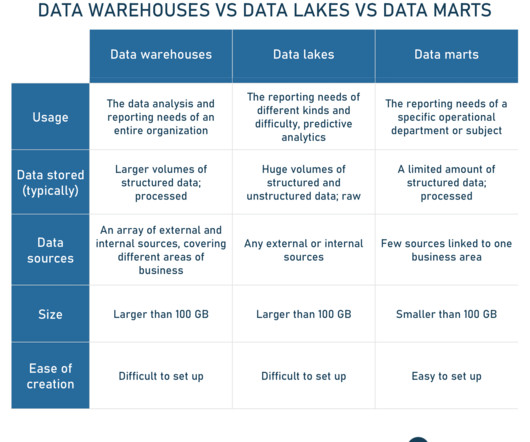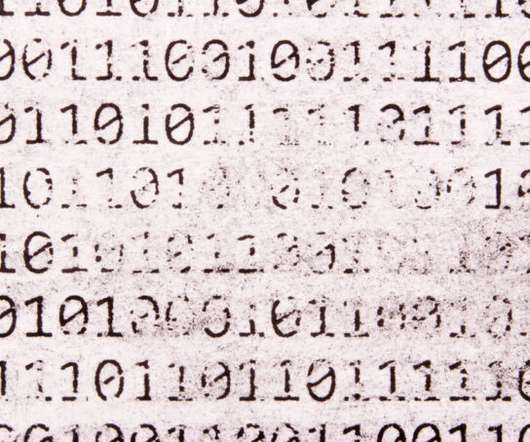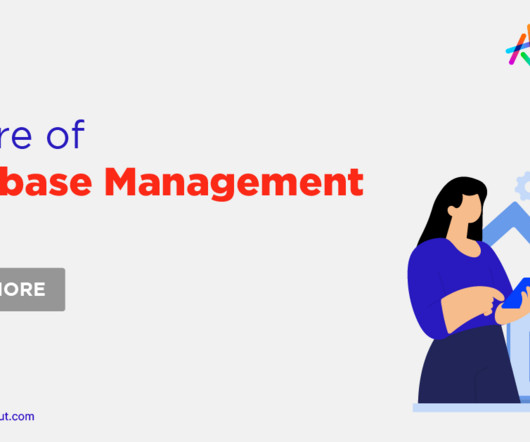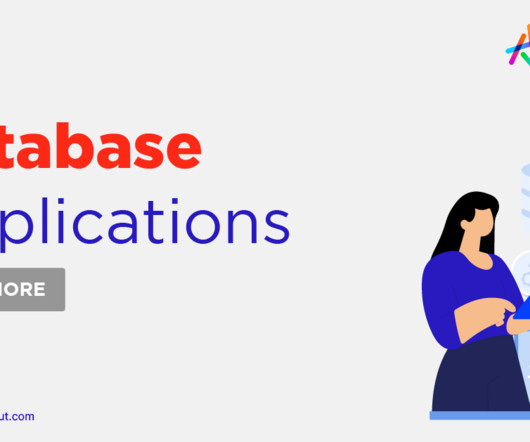Data Collection for Machine Learning: Steps, Methods, and Best Practices
AltexSoft
JUNE 26, 2023
From the perspective of data science, all miscellaneous forms of data fall into three large groups: structured, semi-structured, and unstructured. Key differences between structured, semi-structured, and unstructured data. They can be accumulated in NoSQL databases like MongoDB or Cassandra.














Let's personalize your content